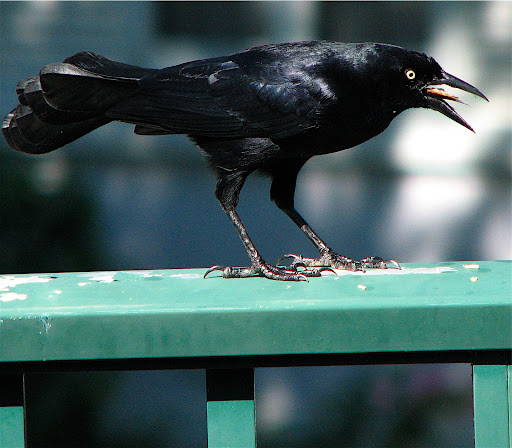in which our hero finishes the chapter and sends it off to the other side of the ocean and now has to decide how to END THIS THING she started. . .
Which, of course, brings me back to the beginning. . . . well, of course! In that paradoxical way that seems to impress itself on me from so many directions. Ends are beginnings; beginnings, ends. Judgment finds myself condemned, and love lets me see the hate. sigh.
I started out on this particular journey some 5 years ago now. I woke up - pre-dawn - in the tiny dark bedroom that was mine at the time. That was three moves ago, and a summer stay, away. I had a symbol in my mind: a circle, with two bent lines - one on either side.
And words: A new way of thinking, that goes beyond Francis Schaeffer.
I wrote it down on a little card. I still have it. Somewhere!
Francis Schaeffer?
He's a guy who wrote about how philosophy has ruined our lives - sort of. He was upset about Hegel adding 'synthesis' to thesis and antithesis. He thought things should be either one way or another - so, either thesis OR antithesis. (Make up your mind, will ya?!! It's gotta be one or the other. None of this messin' around, gray area stuff. That's just sloppy logic.)
Hegel thought that thesis and antithesis battle it out, and come up with synthesis - which in turn, turns into its OWN thesis, and the cycle starts again.
It sounds innocuous. In fact, it probably describes how just about everyone we know thinks. Now, anyway. It's not how people used to think, and that's an amazing thought. Anyway, the reason Schaeffer was upset about this was because it messes around with 'absolute truth' and that was problematic for Schaeffer as a Christian. If there actually was no absolute truth, what happens to faith in God? Does it become the magic leap 'in the dark' so many ascribe to Kierkegaard? Is it a blind, irrational, force-of-will choice? Or can it be more than that?
Schaeffer describes this philosophical divide as the "line of despair".
So - how have I "gone beyond" his thought?
I would agree with him that Hegel's one-, two-, three-step process of ordering the world is not a promising one for blanket application. But not for the reason Schaeffer would. I object to it because so often the really big questions are a 'none of the above' situation, or a 'both/and". Paradox, in other words. This requires - somehow, sometimes - that we be able to incorporate two apparently opposed values into our lives as "truth". Freedom and obedience; happiness and suffering; love and hate; ends, and means!
I wouldn't agree with Schaeffer's attempt to 'go back' to black/white thinking, however. I don't know that it's possible, for one. I think we're capable of moving forward, nonetheless. Where logical notions of TRUTH fail, personal experience and RELATIONSHIP holds. That's not to say I'm giving up on truth. I might just as well say I'm giving up on air! Nope. . . . we're truth-seeking missiles, that's for sure. It's just the way we are. Facticity - as the philosophers and theologians call it. The "what is" - without necessarily going into how it got there (i.e., creation, cosmic boom, or flying spaghetti monsters. . . .)
I guess I see a transcendent that breaks out - and through - the line of despair. It might look very much like the symbol I dreamed of: the circle coming upward and through the line (I could never figure out what the bent lines were on either side. . . .) breaking the line and floating upwards.
And yet. . . . still IN the line - at the moment - as we are caught in finite existence. Facticity again! Geworfenheit - as we are 'thrown' into this world and find ourselves landed here. . . .
The circle is moving up, though.
And the line gives way.
Friday, September 7, 2007
Subscribe to:
Post Comments (Atom)


No comments:
Post a Comment